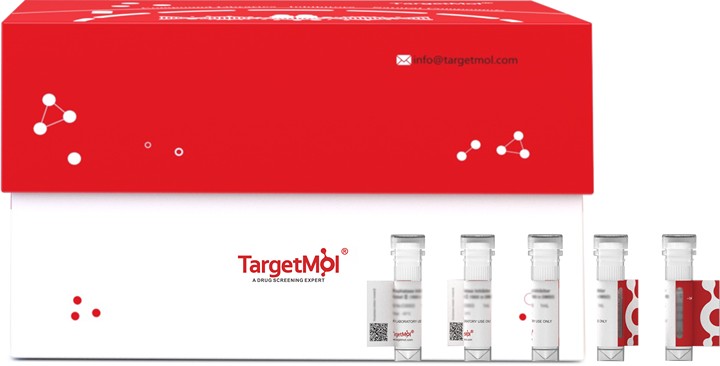购物车
- 全部删除
 您的购物车当前为空
您的购物车当前为空

Beta Klotho Protein, Human, Recombinant (aa 53-983, His) is expressed in HEK293 mammalian cells with His tag. The predicted molecular weight is 108.53 kDa and the accession number is Q86Z14.

| 规格 | 价格 | 库存 | 数量 |
|---|---|---|---|
| 100 μg | ¥ 4,470 | 5日内发货 | |
| 1 mg | ¥ 29,050 | 5日内发货 |
| 生物活性 | Immobilized FGF-21 Protein, Human, Recombinant (Cat#TMPY-06935) at 2 μg/mL (100 μL/well) can bind Recombinant Beta Klotho Protein, Human, Recombinant (aa 53-983, His) (Cat#TMPY-06989), the EC50 is 60-180 ng/mL. |
| 产品描述 | Beta Klotho Protein, Human, Recombinant (aa 53-983, His) is expressed in HEK293 mammalian cells with His tag. The predicted molecular weight is 108.53 kDa and the accession number is Q86Z14. |
| 种属 | Human |
| 表达系统 | HEK293 Cells |
| 标签 | C-His |
| 蛋白编号 | Q86Z14 |
| 别名 | Klotho beta-like protein,KLB,BKL,Beta-klotho,BetaKlotho |
| 蛋白构建 | A DNA sequence encoding the Human KLB (Q86Z14) (Phe53-Thr983) was expressed with a polyhistidine tag at the C-terminus. |
| 蛋白纯度 | ≥ 95 % as determined by SDS-PAGE. ≥ 95 % as determined by SEC-HPLC. |
| 分子量 | 108.53 kDa (predicted); 128.7 kDa (reducing conditions) |
| 内毒素 | < 1.0 EU per μg protein as determined by the LAL method. |
| 缓冲液 | Supplied as sterile PBS, 5% trehalose, 0.1 mM EDTA, 50% Glycerol, pH 6.8. |
| 存储 | Samples are stable for up to twelve months from date of receipt at -20℃ to -80℃. Store it under sterile conditions at -20℃ to -80℃. It is recommended that the protein be aliquoted for optimal storage. Avoid repeated freeze-thaw cycles. |
| 运输方式 | In general, Lyophilized powders are shipping with blue ice. Solutions are shipping with dry ice. |
| 研究背景 | Klotho beta (KLB) is a 130-kDA type I transmembrane protein composed of a signal sequence, a 29 aa intracellular domain, and two extracellular glycosidase domains. KLB functions as an essential co-receptor of fibroblast growth factor receptor complexes, like FGFR1c and FGFr4, thereby facilitating the activation of downstream signaling in bile acid synthesis. Its gene located on chromosome 4p14, KLB is selectively abundant in metabolic tissues (adipose, liver, pancreas) and is essential for high-affinity binding of endocrine FGF19 and FGF21 involved in homeostatic glucose metabolism and energy expenditure. Mutation is associated with metabolic defects such as hypogonadotropic hypogonadism. KLB overexpression promotes the activation of the PI3K/AKT signaling pathway stimulated by TGF-β1 and thus enhances cell fibrosis and proliferation in patients with intrauterine adhesion. KLB upregulation in prostate cancer (via Rab8a-dependent mechanism) and hepatocellular carcinoma tissues shows a potential tumor-promoting role. |